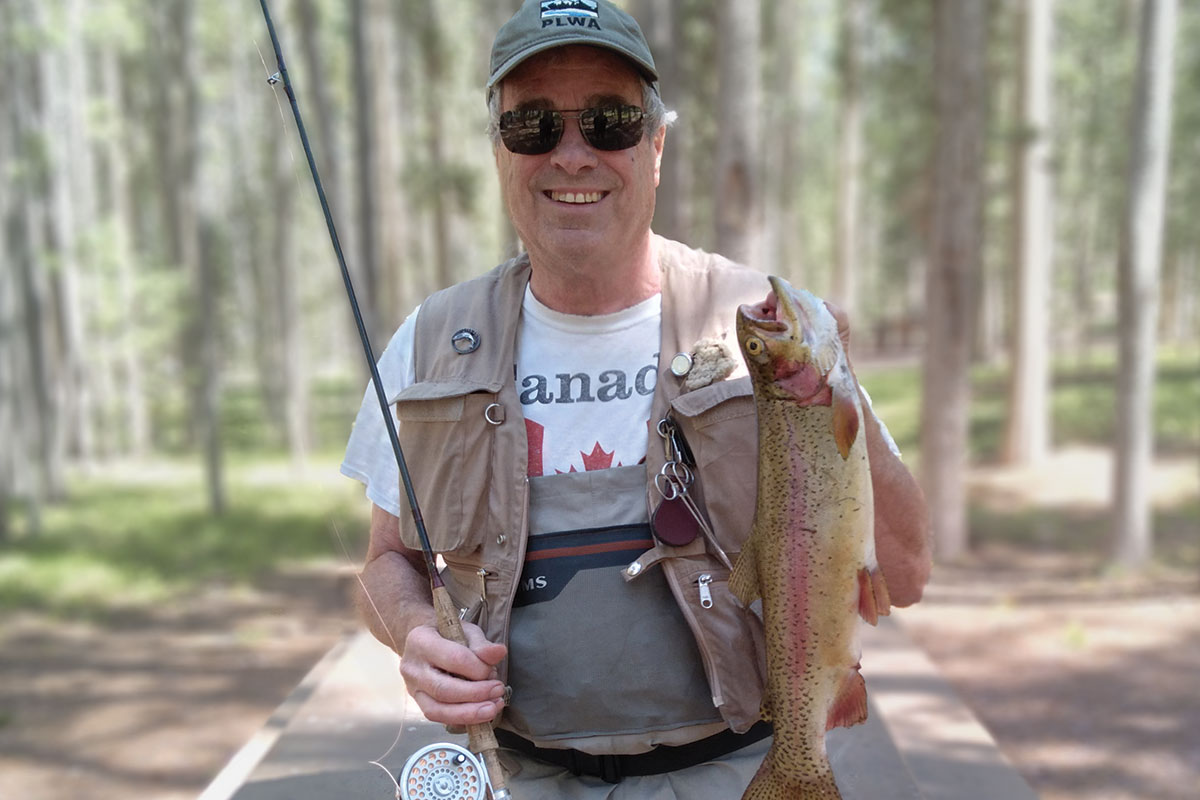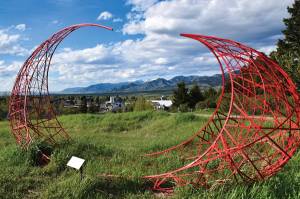Contains affiliate links
According to Missoula resident Bill Geer, his whole life, including his work career, was influenced by Boy Scouts.
“I just loved everything about Boy Scouts,” he said. “It introduced me to the outdoors and a real connection with nature. I ended up an Eagle Scout, and that had a huge influence on my life.”
According to Geer, he simply lived for Scouts and the summer camps he went to, first as a youngster then later as a camp counselor.
“Those experiences are really what got me into a career in natural resources.”
Born in Salinas, Calif.—the birthplace of John Steinbeck—75 years ago from Canadian parents, Geer first started to learn auto mechanics after high school at a local college. But, as fate would have it, the building the auto shop was in burned down, forcing him to look elsewhere.
“I actually changed directions and got my degree in 1970 in Forestry from the University of Montana,” he said.
But Geer knew he wanted to increase his knowledge base and enrolled in graduate school at Montana State University, obtaining a degree in aquatic resources.
“My first job was at Georgetown Lake, working a project for Montana Fish and Wildlife that lead to the completion of my degree,” he said.
His first “real” job took him to Utah to work in fisheries for the Utah Department of Wildlife Resources. At that time, his main focus was on water pollution and its impact on fisheries. Soon, he became Chief of Fisheries Management and, in 1984, was promoted to the Director of the Utah Division of Wildlife Resources.
“My biggest career win in Utah was by bucking the governor and working to get fisheries designated as part of the “beneficial use of water” definition,” he said. “By law, those things that were beneficial uses had much greater protection, so being able to control in-stream flow to protect fish was a huge step forward. It was really the heart and soul of my job.”
His work in Utah had people outside the West noticing his ability to get things done. In 1989, Geer went to Washington DC to work for the National Fish and Wildlife Foundation, where he headed up their waterfowl management program that also included working with Canada.
“It was a challenging job, and I enjoyed it, but I left to return West and work for the Rocky Mountain Elk Foundation,” said Geer.
Originally Geer was the Utah Field Director covering the whole state for RMEF, but soon, he was called to Missoula, the organization’s headquarters, to head up field operations.
Part of his job with RMEF was to develop elk management plans and build convincing cases for people to support and engage in conservation efforts. One of his accomplishments happened when he was the staff representative to the Utah and Nevada RMEF chapters.
“The members in Elko wanted to restore elk to that area. They had been extirpated for many years, but we developed a restoration plan that included input and oversight from area landowners, which allowed the project to go forward and be successful in restoring elk to northern Nevada,” he said.
“It’s important to document accomplishments so that volunteers feel their time, money, and effort pays off.”
Geer said his final move was to the Teddy Roosevelt Conservation Partnership, working in Missoula to coordinate RMEF efforts in the West. “I had great people to work with as we focused on public lands and wildlife in the West.”
Now, despite having retired, Bill’s days are filled with volunteer responsibilities. He’s past president and current board member of the Montana Wildlife Federation where the emphasis has gradually moved to focus on climate change and its effect on wildlife.
When I spoke with Geer, he was busy setting up for the yearly Hellgate Hunters and Anglers banquet in Missoula. He’s been on the board of that local nonprofit for 12 years, and they hold a special spot in his heart.
Another nonprofit headquartered in Missoula is Backcountry Hunters and Anglers. To continue to support this influential U.S. and Canadian nonprofit, Geer became a Life Member.
According to Katie McKalip, VP for External Affairs and Communications at BHA, Geer is widely respected and universally liked.
“Bill has had an outsized imprint on fish, wildlife, and our public lands and water due to his career-long focus on conservation,” she said. “He’s never shied away from tackling the tough issues, and even in retirement, he continues to advocate for the critters, places, and opportunities outdoors men and women cherish.”
Geer received the 2020 BHA Aldo Leopold Award recognizing exceptional work and dedication to the conservation of wildlife habitat.
But now, Geer pours most of his efforts into 350Montana.org, a group that focuses exclusively on climate change.
“I’ve been on the board for several years and am part of the leadership team that helps us plan our climate actions,” he said. “We are working to move Montana energy development and energy production to renewable and sustainable methods. It’s a big challenge, but we’re not going to give up.”
Geer noted his “end game” is putting his energy and creativity to work for public involvement in this issue.
“Being able to work 40 years in natural resources was what I dreamed it could be,” he said. “I got to work in a field I loved, and it all started with Boy Scouts. There’s nothing more I wished I could have done, and there’s nothing I regret.”
It is, indeed, a life well lived. MSN










